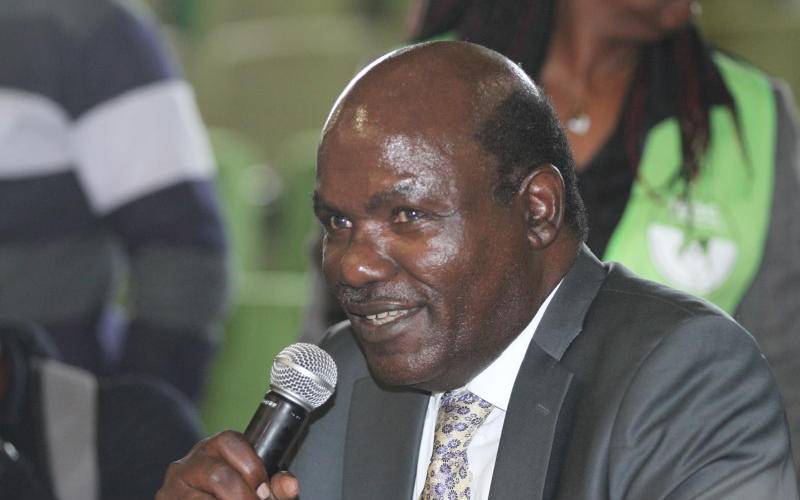×
The Standard e-Paper
Fearless, Trusted News

Last week’s opinion calling for the Ethics and Anti-Corruption Commission and the Independent Electoral and Boundaries Commission to bar questionable aspirants earned me a couple of unsolicited and annoyed texts.
At the risk of provoking a few more, let’s resume the conversation now that the EACC has analysed aspirants seeking certificates to contest the elections.